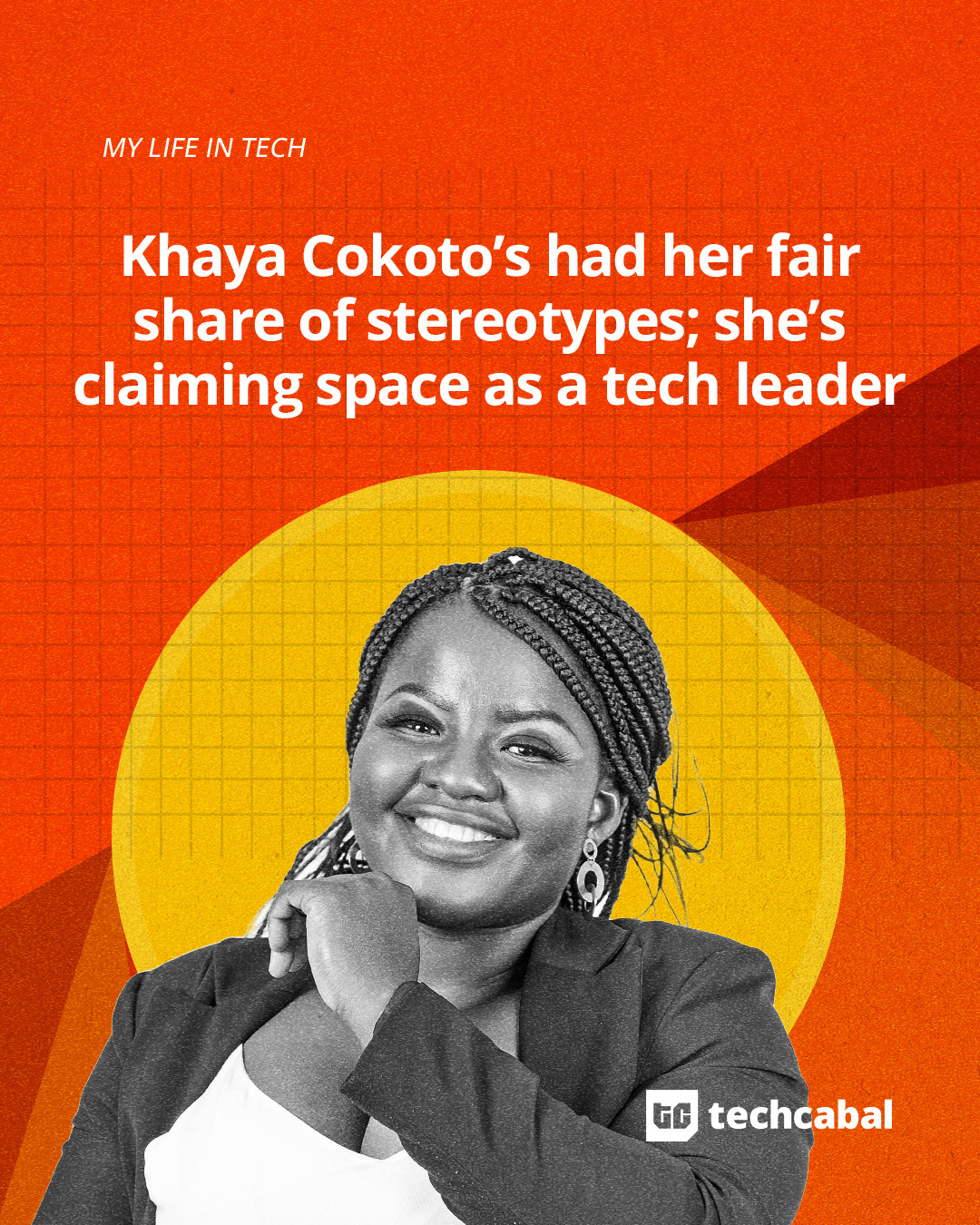Two computer science students on leave from the University of Washington are building what they call the “world’s most intelligent web browser,” using agentic AI to complete tasks like a personal assistant.
Pranav Madhukar and Farhan Khan are co-founders of Meteor, a browser they launched this week out of Y Combinator, the Bay Area startup accelerator where the two students are participating in the summer 2025 batch.
“Essentially, we’re on a mission to kill Chrome,” Madhukar said in reference to Google’s market dominating internet browser. “Or acquire it, for only $34.5 billion?” he quipped, off the news this week that AI startup Perplexity offered that much to purchase Chrome.
Perplexity, with its Comet Browser, along with Meteor and several other startups, are all vying to change the way users browse and perform myriad tasks online — with help from generative AI.
Madhukar, Meteor’s CEO, believes the majority of time we spend in a browser each day is boring and repetitive work.
“AI is changing the game in basically every space, and we want to bring that to the browser, to make all of our lives a lot more efficient, a lot more streamlined,” he said.
Meteor’s agents can perform all sorts of tasks with simple prompts, ranging from adding a calendar item to applying for an internship to purchasing groceries or flight tickets. Further blurring the lines around what constitutes “cheating” in the AI age, the Meteor browser will also complete homework assignments, as Madhukar shows in the demo video below.
Meteor’s purple cursor can be seen taking over tasks as it’s prompted via a text window on the right. Madhukar and Khan also want to build in infrastructure such as buttons that provide suggestions to users, making the browser more proactive. Voice prompts are also on the horizon.
“The vision is to build your browser into your personal assistant,” Madhukar said.
Madhukar and Khan met during orientation week at UW in Seattle. They were set to be incoming juniors this year before the plan for Meteor launched them on a different path.
Madhukar previously built a couple viral projects that grabbed the attention of other students, including uwgeoguessr, a game that shows photos from areas on campus and users have to guess where those areas are.
He also built a website that helped identify who the professor would be for a specific class at UW. It attracted around 2,500 active users before it was taken down by university administrators, Madhukar said on LinkedIn.
Khan, who is Meteor’s CTO, previously built an integrated development environment for hardware design that he said compiles 60 times faster than the industry standard.
Meteor is built on Chromium, the open-source codebase that powers Google Chrome. Just a few weeks into Y Combinator, Madhukar and Khan made the decision to “fork” — or create their own version of — Chromium’s 30 million lines of code, rebuilding their product at the time from scratch.
So far, Y Combinator has taught the pair the importance of moving fast and staying true to their vision.
“A lot of what we’re trying to do is hold the convictions that we have,” Madhukar said. “Two years from now, everyone will probably be using browsers that look nothing like the ones that we use today. Starting from that, we were like, ‘How can we be the people to build that?’”
Whether they return to Seattle from the Bay Area to build the browser and AI startup of the future remains to be seen. The accelerator runs into September, and after that everything’s up in the air.
“We’re not planning to return to UW for the foreseeable future,” Madhukar said. “We’re excited to make Meteor go big.”










